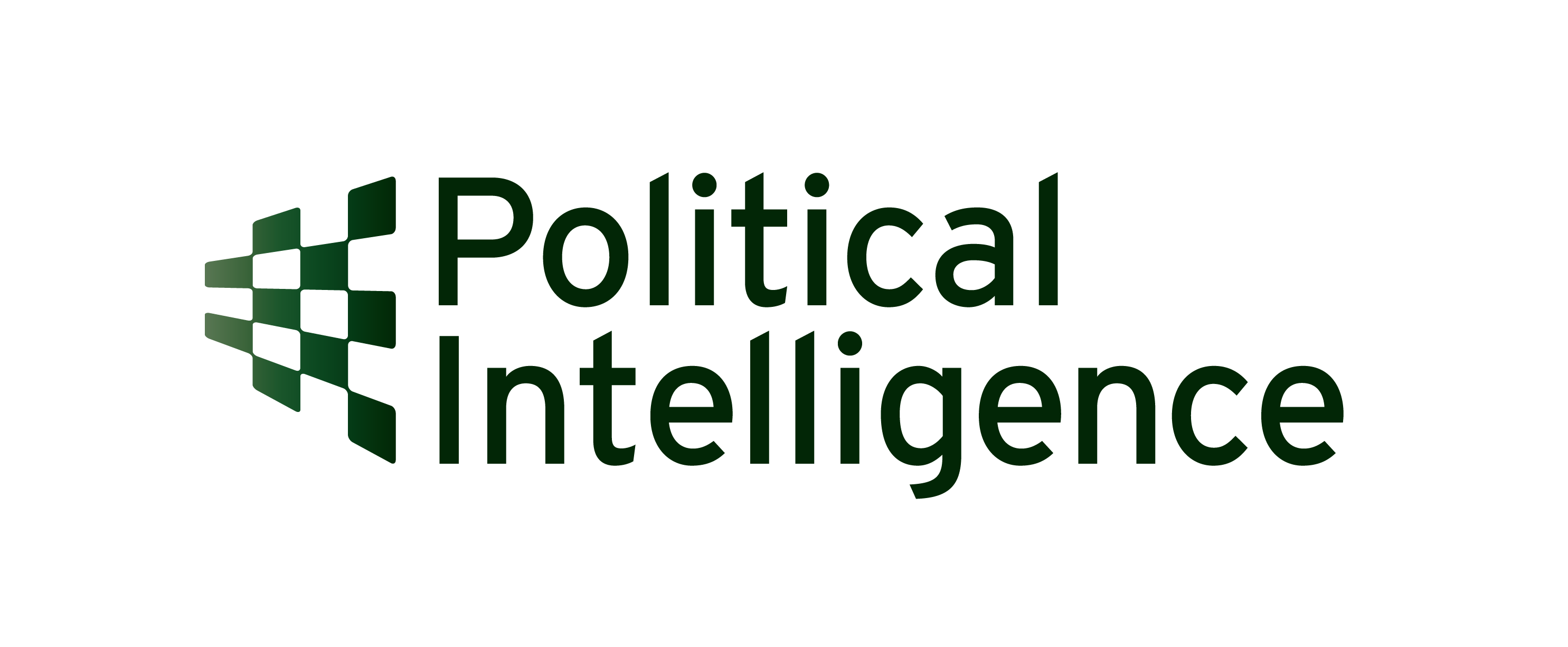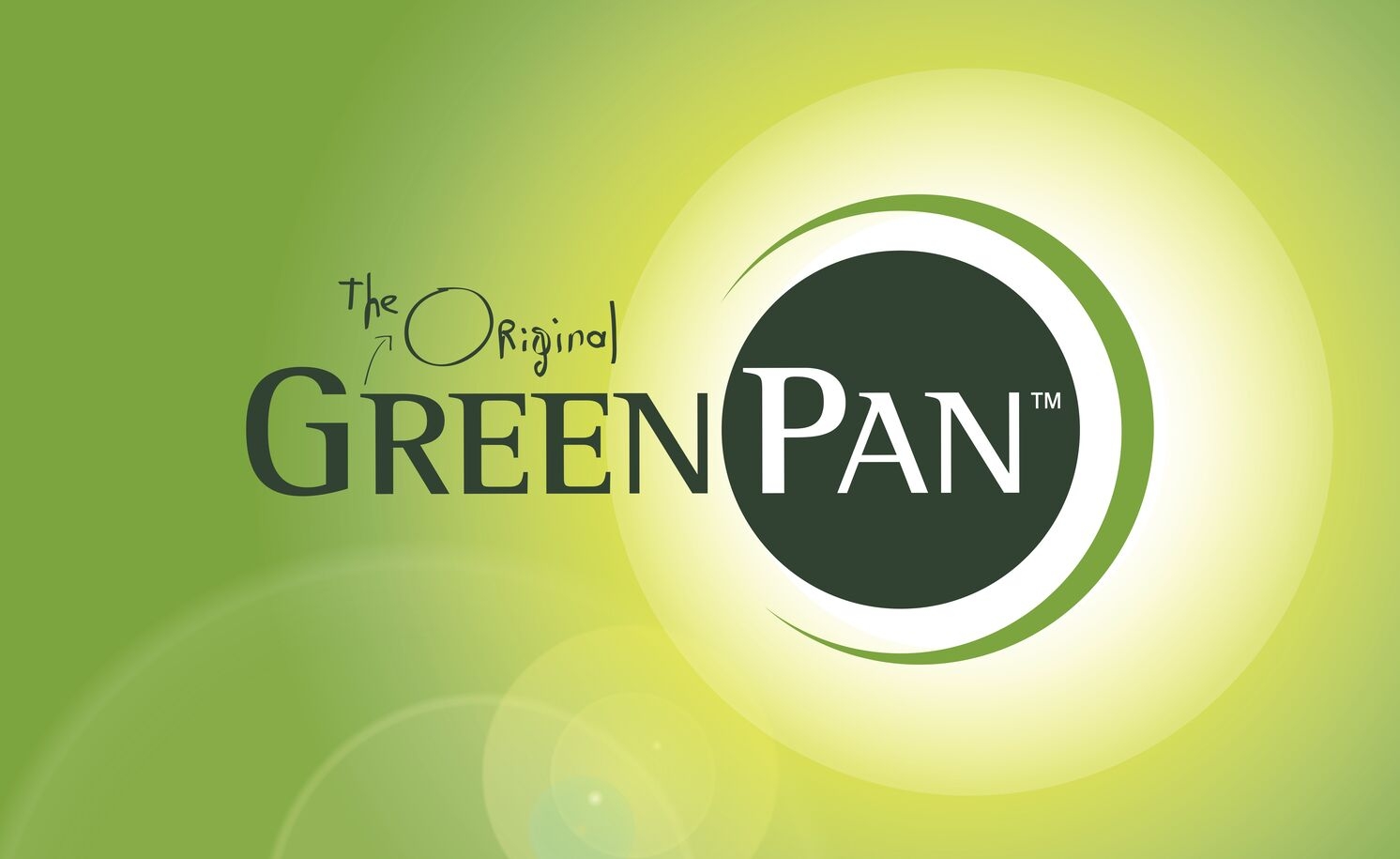Long-term effects of treatment

Many women (and men) find that their bodies and minds do not immediately return to pre-diagnosis levels. Symptoms such as fatigue, a "fat arm" (lymphedema) or difficulty concentrating - also known as a "chemobrain" - are common and can affect daily life. Learn more about these long-term effects and what you can do to lessen their impact in this article.
Fatigue
Fatigue after breast cancer is different from ordinary fatigue. You continue to feel tired even when you rest. It can feel like your battery never fully recharges. Even sleeping doesn't always help like you used to, and that can further undermine your energy. It is a common and often long-term symptom. An estimated nine in 10 cancer survivors experience it, especially when chemotherapy and/or radiotherapy were part of the treatment. Fatigue has several causes: direct effects of treatment, presence of anemia, thyroid or heart problems due to treatment, psychological factors (depression, fear of relapse), sleep disorders, pain, obesity or little social support.
Something can be done about it. Physical activity, such as walking, cycling, strength training and yoga, has been proven to have a beneficial effect on fatigue in breast cancer survivors. Do it in a group, or individually, whichever you feel most comfortable with. Mindfulness and cognitive behavioral therapy (a form of psychotherapy) also help. Medication is not there.
Fatigue gradually decreases over the first year after treatment. In a minority, it never completely disappears.
Thick arm (lymphedema)
Due to the removal of lymph nodes in the armpit during surgery or radiation to the armpit region, lymph can accumulate here and give rise to lymphedema, which spreads throughout the arm. You then get a so-called "thick arm," a long-term effect of treatment with consequences such as sensory disturbances in the arm, reduced mobility and increased susceptibility to infection. In addition, a thick arm is also aesthetically bothersome. A thick arm usually does not go away on its own, but there are good treatments to limit the discomfort and reduce the symptoms. These include lymphatic drainage by a physical therapist, exercises, wearing a compression sleeve, weight management, avoiding wounds or taking good care of them right away. For severe lymphedema, surgery is sometimes used to try to repair the lymphatic pathways.
Chemobrain
Concentration problems, forgetfulness or difficulty finding words,.... it does occur frequently in people who have undergone treatment for breast cancer, especially after chemotherapy. Your brain seems to process stimuli more slowly. These symptoms have always existed, but the umbrella term "chemobrain" used for them is more recent. Another new name for these symptoms is "brain fog.
A chemobrain can significantly affect daily life and quality of life. An exact cause is not known, but it is suspected to be related to effects of chemotherapy on brain cells on the one hand and fatigue, anxiety and hormonal changes caused by cancer treatment on the other. It can drag on for several years, but something can be done about it. For example, it is important to bring structure to your day. Use a calendar, make to-do lists or set reminders in your smartphone. Let go of multitasking and do one thing at a time. A healthy lifestyle is highly recommended. Physical activity, such as walking, cycling or yoga, helps against chemobrain. Allow yourself time to recover.
Continue reading

Reconstruction? No thanks!
.jpg)
Nipple tattoos


.png)












.png)
















